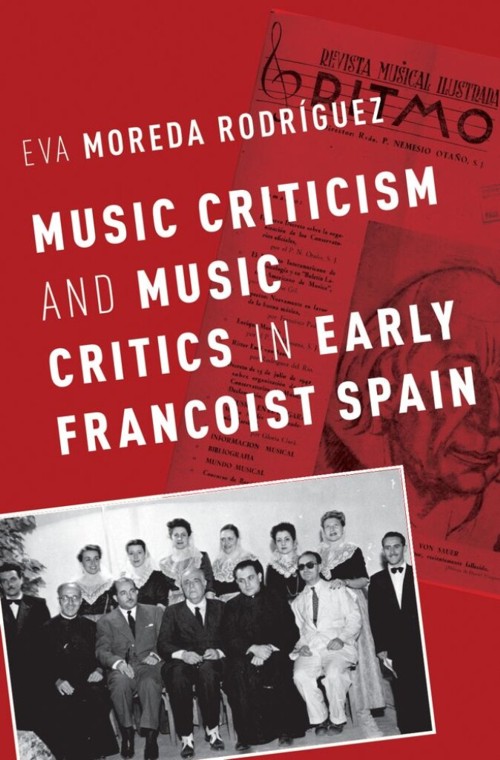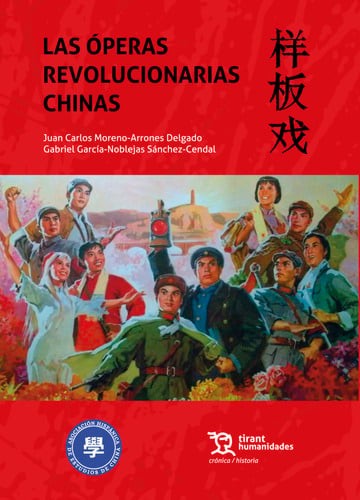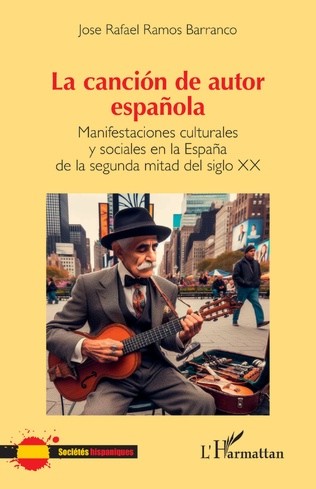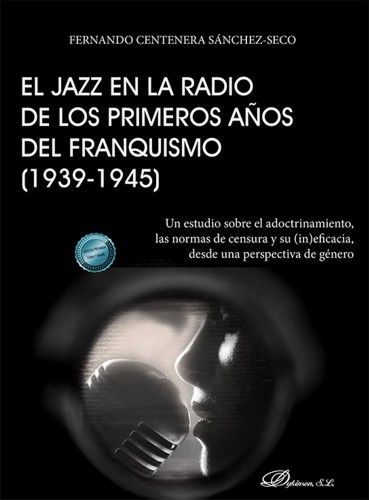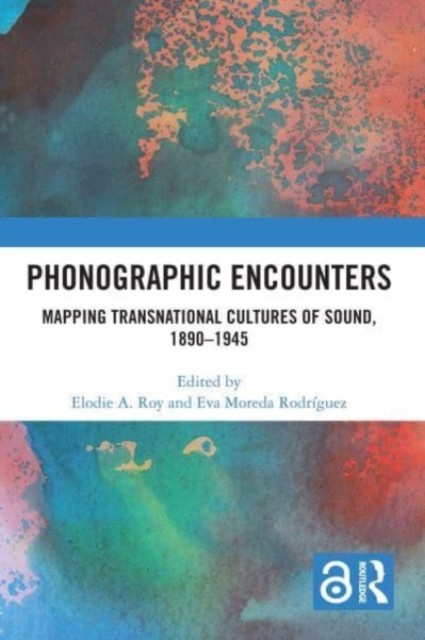
Phonographic Encounters: Mapping Transnational Cultures of Sound, 1890-1945
Moreda Rodríguez, Eva
;Roy, Elodie A.
Routledge. 2023Ficha técnica
- EAN: 9781032057118
- ISBN: 978-1-032-05711-8
- Editorial: Routledge
- Fecha de edición: 2023
- Encuadernación: Rústica
- Dimensiones: 15,5x23,5
- Idioma: Inglés
- Nº páginas: 268
Disponible en breve
Sin stock. Si se pide hoy, se estima recibir en la librería el 09/02/26¡GASTOS DE ENVÍO GRATIS!
PVP. 79,80€
Añadir a la Lista de deseos
This cross-disciplinary volume illuminates the history of early phonography from a transnational perspective, recovering the myriad sites, knowledge practices, identities and discourses which dynamically shaped early recording cultures. With case studies from China, Australia, the United States, Latin America, Russia, Sweden, Germany, Spain, Portugal, France, and Italy, Phonographic Encounters explores moments of interaction and encounter, as well as tensions, between local and global understandings of recording technologies.
Drawing on an array of archival sources often previously unavailable in English, it moves beyond western-centric narratives of early phonography and beyond the strict confines of the recording industry. Contributions from media history, musicology, popular music studies, cultural studies, area studies and the history of science and technology make this book a key and innovative resource for understanding early phonography against the backdrop of colonial and global power relations.
CONTENIDO:
Introduction
Part I: Negotiating Geographical and Cultural Boundaries: Intermediaries, Traders and Operators
-Chapter 1. Sergio Ospina Romero, ?Recording Studios on Tour: Traveling Ventures at the Dawn of the Music Industry?
-Chapter 2. Andreas Steen, ?Global Transfer, Local Realities: Early Phonographic Practices and Challenges in China (1900-1914)?
-Chapter 3. Henry Reese, ?Settler Colonial Soundscapes: Phonograph Demonstrations in 1890s Australia?
Part II: Repertoires, Auditory Practices and the Shaping of New Listening Identities
-Chapter 4. João Silva, ?Portugal and Mechanical Music in the Early Phonographic Era: An Intermedial Approach?
-Chapter 5. Eva Moreda Rodríguez, ?Discòfils: Notes on the Birth of the Record Club and the Record Listener in 1930s Barcelona?
-Chapter 6. Ulrik Volgsten, ?Mediatization of Music, Musicalization of Everyday Life: New Ways of Listening to Recorded Sound in Sweden during the Interwar Years, 1919?1939?
Part III: Phonography and the Reordering of Knowledge and Sensibilities / Phonography as Ideology
-Chapter 7. Karina Zybina, ?Recording music, making business: The Russian recording industry at the beginning of the 20th century?
-Chapter 8. Benedetta Zucconi, ??Phonographic Awareness?: Recorded Sound in Early Twentieth-Century Italy between Aesthetic Questions and Economic Struggles?
-Chapter 9. Britta Lange, ?The Construction of ?das Volk? through Acoustic Knowledge. Recordings of ?Ethnic German Repatriates? from the Institute for Acoustic Research, 1940-1941?
Part IV: The Heterogeneous Geographies of Consumption
-Chapter 10. Jacques Vest, ?The Aesthetic of Arrest: The Victor Talking Machine Company's Ready Made Windows Program, 1909-1913?
-Chapter 11. Siel Agugliaro, ?The Phonograph as a Transnational Tool: Selling Music Records in Philadelphia?s Little Italy, 1900s-1920s?
-Chapter 12. Thomas Henry, ?From the Grands Boulevards to Montparnasse: An Essay on the Geohistory of the Phonograph and Sound Recording Business in Paris (1878-1940)?
Conclusion


